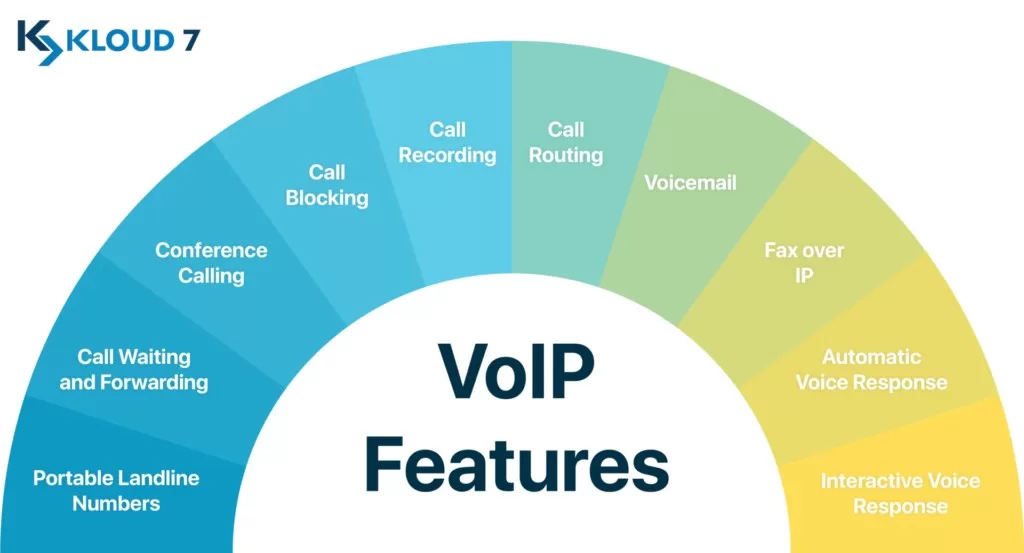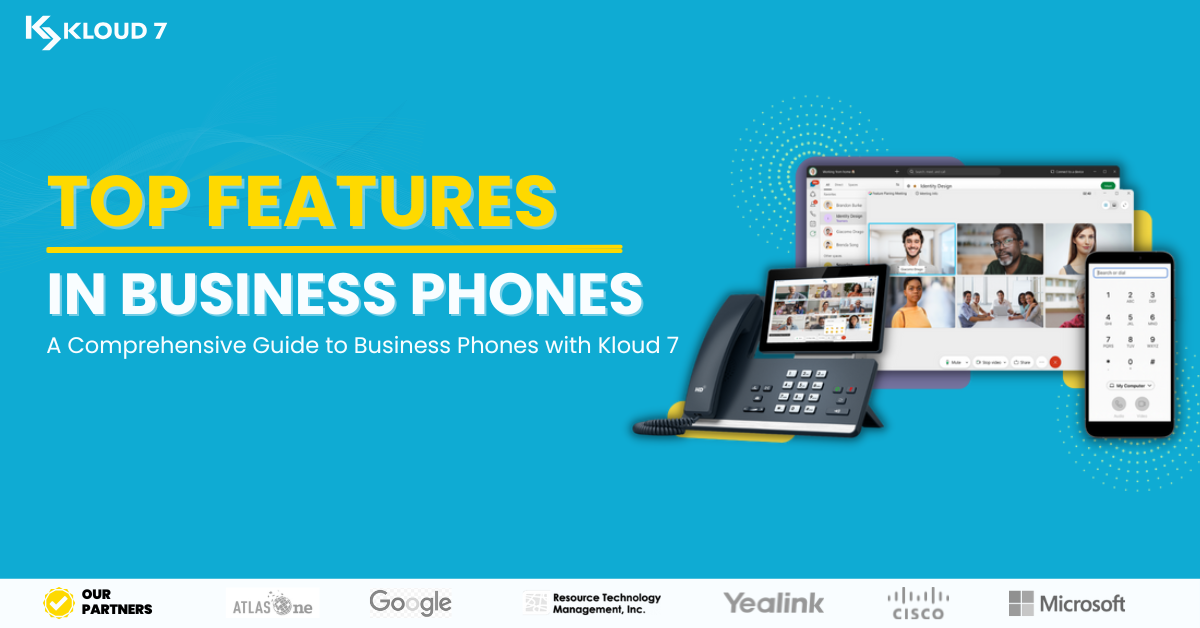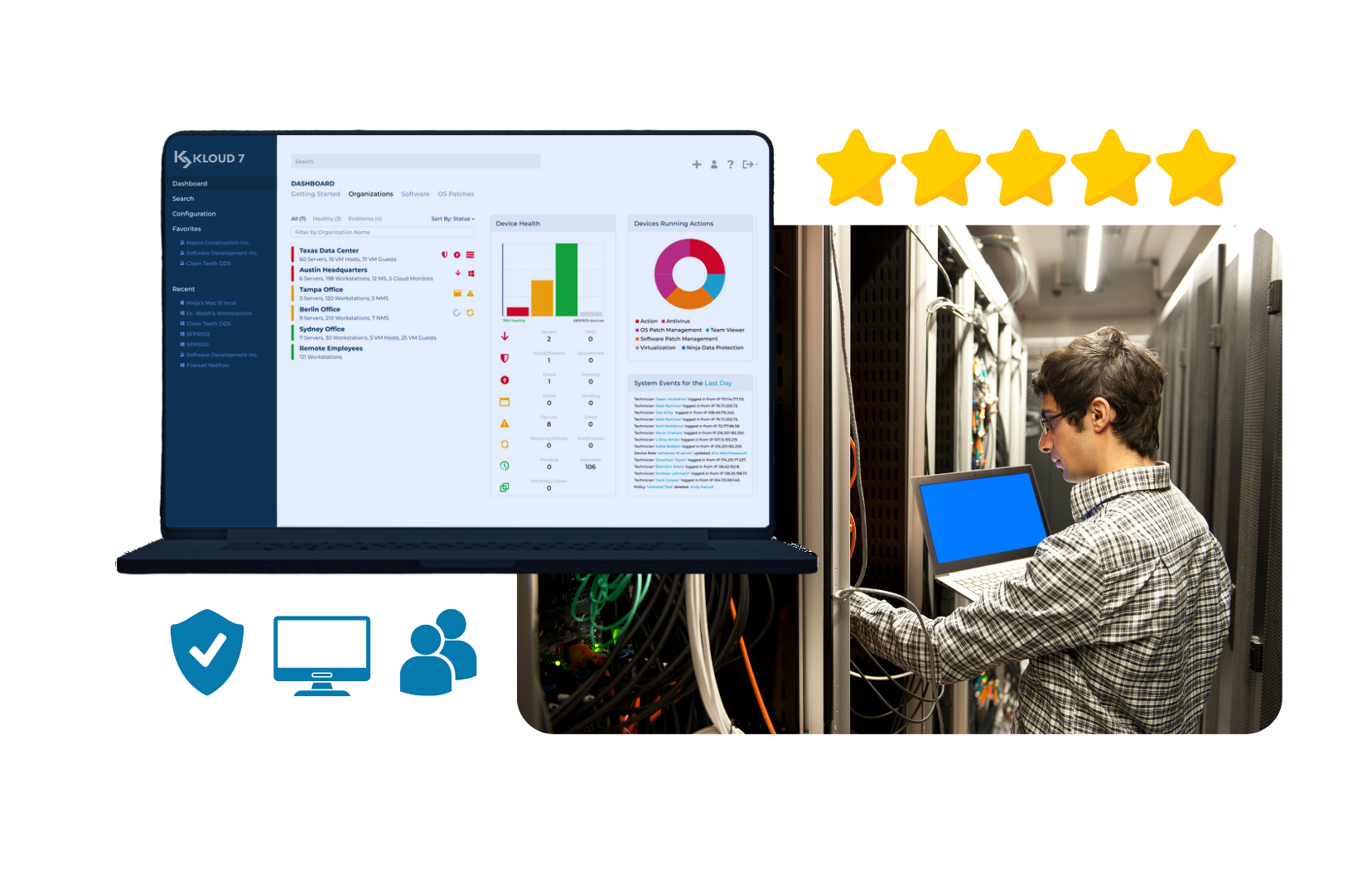VoIP, or Voice over Internet Protocol, is a technology that enables voice communication over the Internet instead of traditional telephone lines. It converts analog voice signals into digital data packets that can be transmitted over the internet infrastructure. It offers numerous advantages over traditional telephony, including cost savings, scalability, and flexibility. Users can make calls using VoIP through various devices, such as computers, smartphones, and specialized VoIP phones. Additionally, those services often come with additional features like call forwarding, voicemail, and video conferencing. As a result, it has become increasingly popular among individuals and businesses seeking a more efficient and cost-effective communication solution.
How does VOIP Work?
Voice over Internet Protocol works by converting analog voice signals into digital data packets that can be transmitted over the Internet. When a call is made using VoIP, the voice is transformed into data and broken down into small packets. These packets are then sent over the internet to the recipient’s device. At the recipient’s end, the packets are reassembled, and the digital data is converted back into voice signals, allowing for real-time communication. This process enables voice communication to be transmitted efficiently and seamlessly over the internet, offering advantages such as cost savings, flexibility, and the integration of additional features.
VoIP: Hang up on tradition.
VoIP (Voice over Internet Protocol) offers numerous benefits over traditional phone systems. Here are some of the advantages that make VoIP an attractive communication solution:
- Cost Savings: It can significantly reduce communication costs, especially for long-distance and international calls. Traditional phone systems often incur high charges for long-distance calls, but with VoIP, these calls are transmitted over the Internet, eliminating long-distance charges. Additionally, VoIP typically offers lower monthly service fees and more competitive calling rates, resulting in substantial cost savings for businesses and individuals alike.
- Flexibility and Mobility: It allows users to make and receive calls from anywhere with an internet connection. It is not bound to a specific physical location like traditional phone systems. Users can utilize their VoIP service through various devices, such as computers, smartphones, or specialized VoIP phones. This flexibility enables remote working, travel-friendly communication, and the ability to stay connected even when away from the office.
- Scalability: VoIP systems are highly scalable, making them suitable for businesses of all sizes. It is easy to add or remove lines as per the organization’s needs, eliminating the need for extensive infrastructure upgrades. VoIP systems also provide advanced call management features, such as call routing, automated attendants, and call forwarding, which can be easily customized to adapt to changing business requirements.
- Integration of Features: It offers a range of features that enhance communication capabilities. These features include voicemail, call recording, call forwarding, conferencing, and video calls. VoIP also allows integration with other business applications, such as customer relationship management (CRM) software, enabling seamless interaction and improved productivity.
- Unified Communications: It enables the convergence of multiple communication channels, such as voice, video, messaging, and data, into a single platform. This integration facilitates streamlined communication and collaboration within organizations. Employees can access and manage various communication channels from a unified interface, promoting efficiency and productivity.
- Advanced Call Management: VoIP provides advanced call management features that empower businesses to optimize their communication processes. These features include call analytics, call routing based on predefined rules, call queues, and real-time monitoring. Such functionalities enable businesses to improve customer service, handle high call volumes efficiently, and gain insights into call performance.
Hardware Requirements:
To set up a (Voice over Internet Protocol) system, specific hardware components are needed:
- IP Phones: These specialized phones are designed to work with VoIP systems. IP phones connect directly to the internet or a local network, allowing users to make and receive calls. They come in various models and offer features like call forwarding, call waiting, and conference calling.
- Analog Telephone Adapters (ATAs): ATAs are used to connect traditional analog phones to a VoIP system. They convert analog signals into digital data that can be transmitted over the internet. ATAs typically have ports to connect analog phones and an Ethernet port to connect to the network.
- VoIP Gateway: A Voice over internet protocol gateway is used when integrating a VoIP system with a traditional phone system. It connects the network to the Public Switched Telephone Network (PSTN) and converts VoIP calls into traditional phone calls.
- Routers: A high-quality router is essential for Voice over Internet Protocol systems to ensure reliable and efficient data transmission. Routers prioritize VoIP traffic and manage network traffic to prevent issues like latency or packet loss that can affect call quality.
- Switches: Network switches facilitate the connection between IP phones, computers, and other devices on the local network. They help maintain network performance and provide efficient data routing for Voice over Internet Protocol traffic.
- Power over Ethernet (PoE) Switches or Power Injectors: Some IP phones and network devices may require power to operate. PoE switches or power injectors supply power to these devices through Ethernet cables, eliminating the need for separate power adapters.
- Firewalls and Security Devices: Since VoIP systems are susceptible to security threats, it’s crucial to have appropriate firewalls and security devices in place to protect against unauthorized access, eavesdropping, and other security risks.
- Internet Connection: A stable and reliable internet connection with sufficient bandwidth is essential for VoIP systems. The speed and quality of the internet connection directly impact call quality and overall system performance.
Features:

- Unlimited Calling – Make as many calls as you’d like to any phone in the United States and Canada. Not keeping minutes. Quick savings.
- Online faxing – Unlimited fax sending and receiving, just like email. No wires or hardware. Finally, faxing is simple and easy.
- Auto Attend: Callers are immediately welcomed by an auto attendant, who also directs them to the appropriate party. From the minute they call, make a great first impression of your business.
- Call Queues: When your team is busy, take calls from the call queues. Callers queue up to speak with the next agent. Both you and your clients will adore it.
- HD Voice Quality: Get calls with HD voice quality for better audio quality. The g.722 codec is designed to get rid of bothersome static for lively talks.
- Conference lines: For meetings with up to nine people, use a special conference line. Meet, preside over, and HD record.
- Voicemail-to-Email – Receive voicemails in your email inbox. Pay attention to voicemails and email responses.
- Smartphone App – Take calls on the go for work. Never again miss a crucial call. For both iOS and Android devices, it is free.
- Realtime Response: See who is available to take calls and respond to chat messages in real time. Live status updates are precise and easy to understand.
- Team Collaboration: Communicate with your group via one platform. Work more quickly with flawless video and screen sharing.
- Text Messaging: Send and receive text messages with customers using text messaging (SMS). Ideal for fast updates and reminders of appointments.
- Integration: Integrations with your current CRM are optional and are available to you. A workflow that is tightly connected can increase productivity.
Choosing the Right VoIP System
Choosing the Right VoIP Phone System: Kloud 7
In order to ensure a seamless and satisfactory experience, it is crucial to select the right VoIP service provider. When considering the best VoIP phone system, take into account the following factors:
- Costs involved
- Available features
- Customer support
- Third-party integrations
- Security
- Uptime
- Provider Breakdown
- Frequently Asked Questions
Praised by customers and endorsed by industry experts, Kloud 7 has earned a reputation for being a top-tier solution for businesses. We’re known for our excellent customer support while we offer seamless VoIP setup and initiation, along with reliable support throughout the process.




